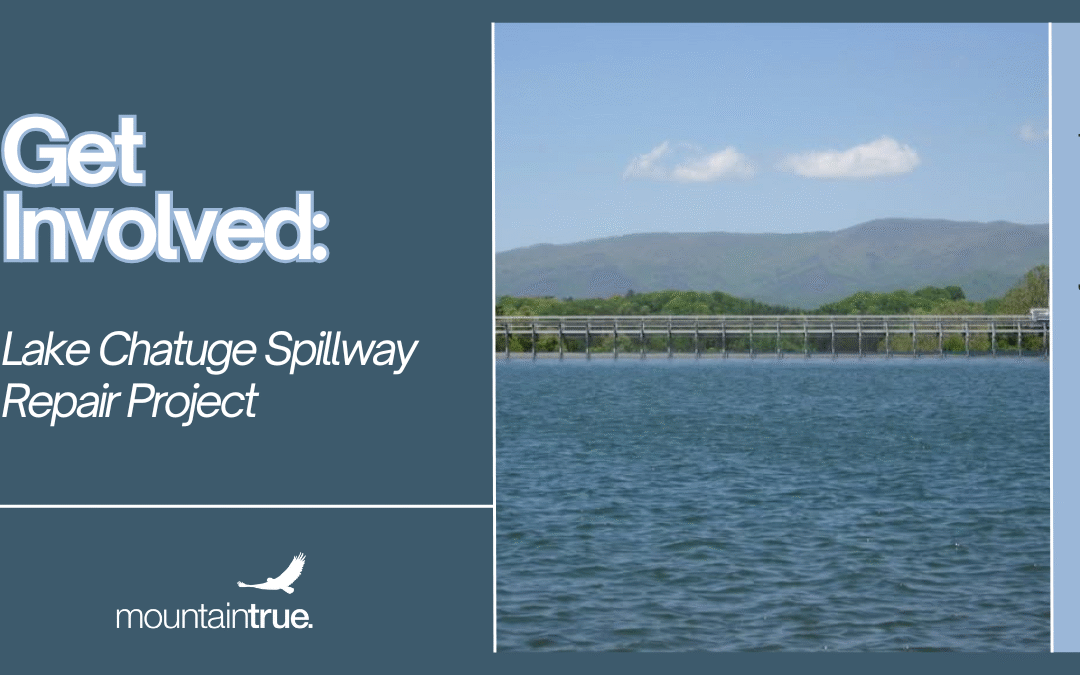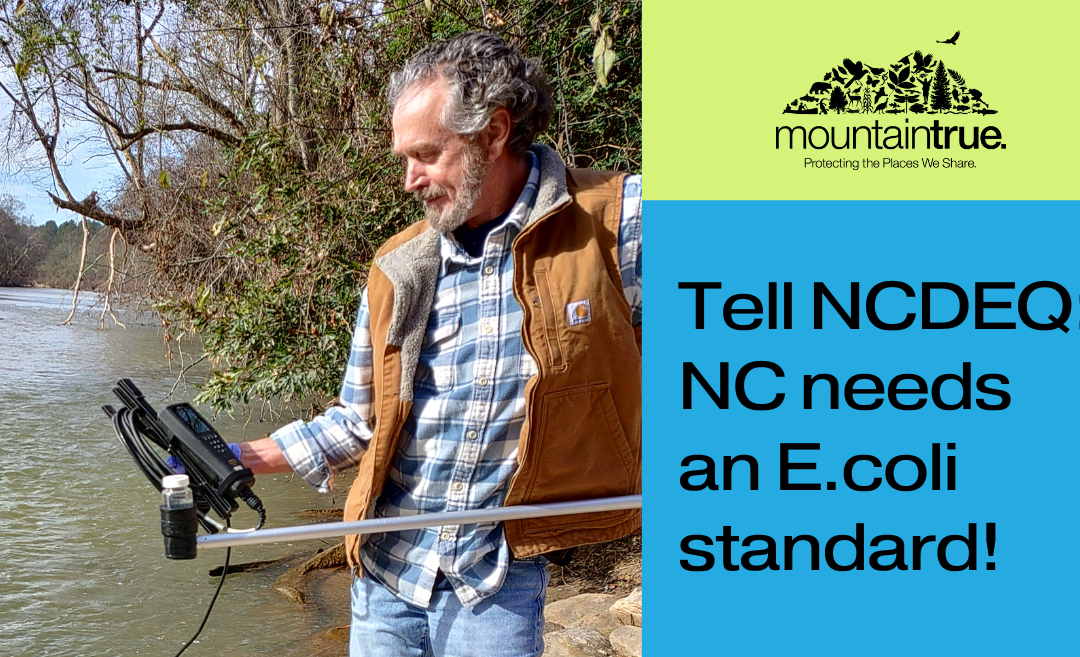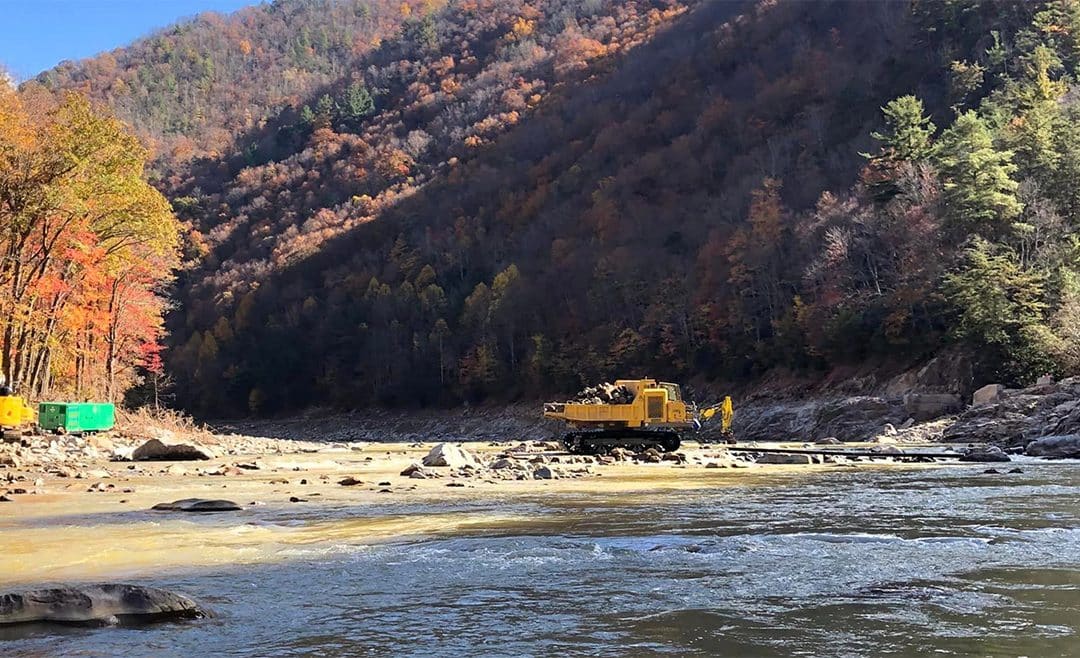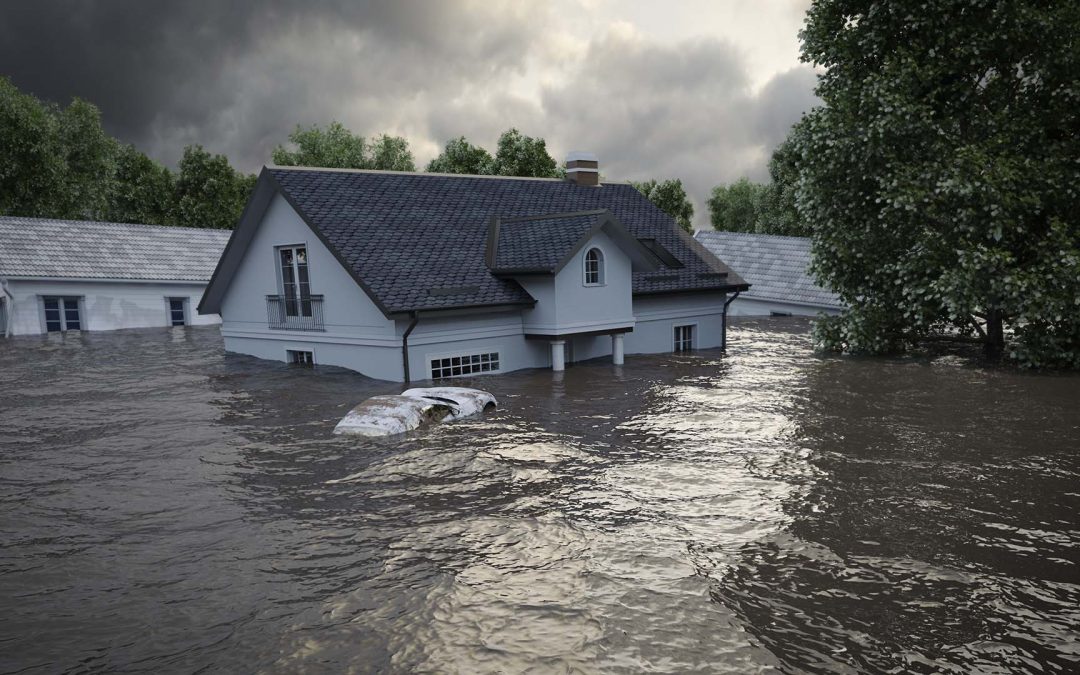
Learn More + Get Involved: Lake Chatuge Spillway Repair Project
Learn More + Get Involved: Lake Chatuge Spillway Repair Project
TVA to hold public meetings about a multi-year, year-round drawdown of Lake Chatuge
As we reported in our April e-newsletter, the Tennessee Valley Authority (TVA) announced the launch of an Environmental Impact Statement study of potential impacts of a continuous, years-long deep drawdown of Lake Chatuge to rehab the spillway at Chatuge Dam. TVA assures everyone that there is no immediate safety issue at Chatuge, but the potential risk to the spillway in a rare large storm event exceeds TVA’s risk tolerance level based on industry standards. Therefore, it must be repaired to protect homes and communities along the river downstream.
The MountainTrue team has been learning as much as possible about the proposed alternatives since the announcement was made on March 28. Like many of you, we have questions about the need for such a (a) deep drawdown, and (b) lengthy period of time to complete the work. After we’re able to review the information that will be published in the Federal Register on April 21, we will provide talking points based on our analysis.
In the meantime, we hope you will mark your calendars and be able to attend at least one public meeting either in person or online. The in-person meetings will be open-house style – like the parrot feather meeting last year – with no presentation and no group question-and-answer session. The public comment period will run from April 22 to May 28, 2025.
Public Meetings Schedule:
May 6, 5:00-6:00 p.m.
May 15, 5:00-6:00 p.m.
Virtual Meetings: subject matter expert presenters with a Q&A session
Links will be available at: tva.com/nepa
May 8, 5:30-7:30 p.m.
In-person – Open House
Clay County Community Services Building
25 Riverside Circle, Hayesville, NC 28904
May 13, 5:00-7:00 p.m.
In-person – Open House
Towns County Recreation Center
150 Foster Park Rd., Young Harris, GA 30582
Even though this is an Environmental Impact Statement, the National Environmental Policy Act (NEPA) requires that TVA also consider social and economic impacts, not just impacts to the lake itself. MountainTrue’s mission includes a commitment to healthy communities! We care about and will advocate with an eye on the cumulative environmental, social, and economic impacts.
Click here to read more about the needed safety modifications.




